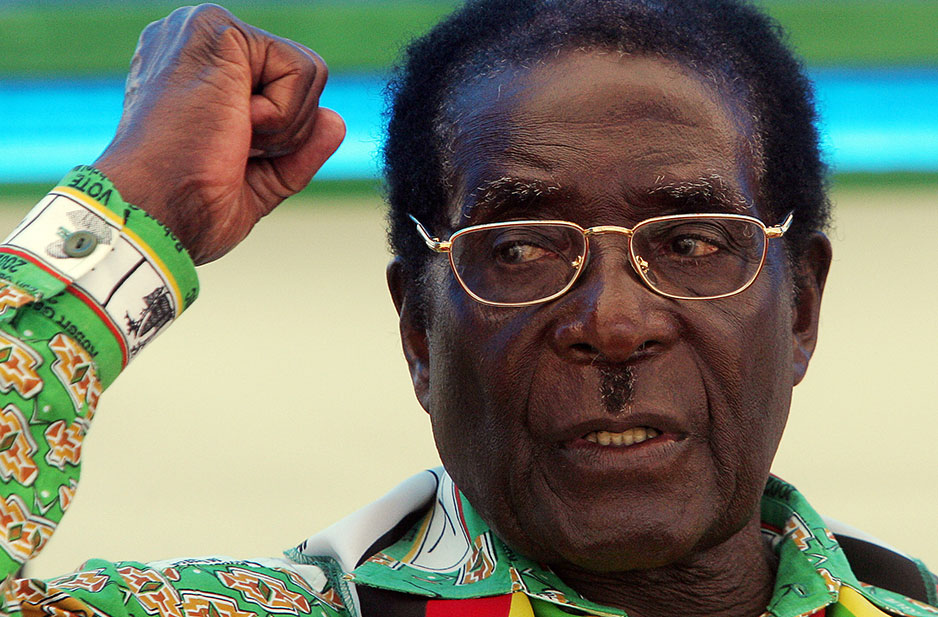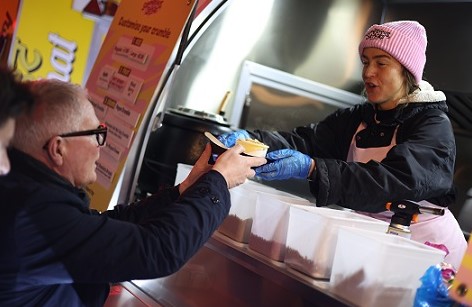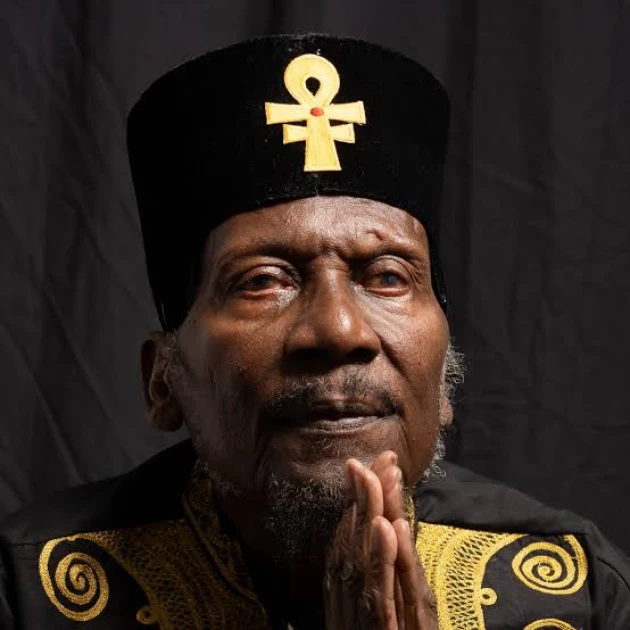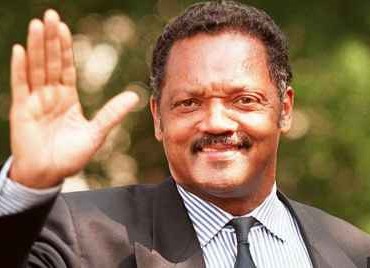Zimbabwe's first post-independence leader and Prime Minister, Robert Mugabe ruled the southern African country - first as Prime Minister, from 1980 to 1987 and then as President from 1987 to 2017- as a revolutionary and politician.
He embraced Marxism and joined African nationalist protests calling for an independent state led by representatives of the Black majority. After making anti-government comments, he was convicted of sedition and imprisoned between 1964 and 1974. On release, he fled to Mozambique, established his leadership of ZANU, and oversaw ZANU's role in the Rhodesian Bush War, fighting Ian Smith's predominantly white government.
As independent Zimbabwe's first leader, he promised democracy and reconciliation, following years of British rule of what was called, by many, the ‘bread basket’ of Africa.
Dominating Zimbabwe's – and the continent’s - politics for nearly four decades, Mugabe was a controversial figure who was praised as a revolutionary hero of the African liberation struggle who helped free Zimbabwe from British colonialism, imperialism, and white minority rule.
Mugabe reluctantly took part in the peace negotiations brokered by the United Kingdom that resulted in the Lancaster House Agreement. The agreement ended the war and resulted in the 1980 general election, at which Mugabe led ZANU-PF to victory. As Prime Minister of the newly renamed Zimbabwe, his administration expanded healthcare and education and—despite his professed Marxist desire for a socialist society—adhered largely to mainstream, conservative economic policies.
The hopes, however, that followed independence in 1980 dissolved into violence, corruption and economic disaster with President Mugabe becoming an outspoken critic of the West, most notably the United Kingdom, the former colonial power, which he denounced as an "enemy country" – at the same time brutally treating his political opponents and economically mismanaging a once prosperous country.
Whilst reportedly doing so, he continued to attract the support of other African leaders who saw him as a hero of the fight against colonial rule. Critics, on the other hand, would accuse Mugabe of being a dictator responsible for widespread corruption, anti-white racism, human rights abuses, and crimes against humanity.
In 2000, he lost a referendum, after which pro-Mugabe militias invade white-owned farms and attack opposition supporters. His calls for racial reconciliation failed to stem growing white emigration, while relations with Joshua Nkomo's Zimbabwe African People's Union (ZAPU) also declined.
In 2008 he came second in the first round of elections to former trade union leader, Morgan Tsvangirai, who pulled out of a run-off amid nationwide attacks on his supporters but, amid economic collapse, in 2009 Mugabe swears in Tsvangirai as prime minister, who serves in uneasy government of national unity for four years. In 2017, he sacked his long-time ally Vice-President Emmerson Mnangagwa, paving the way for his wife Grace to succeed him.
Defiant to the end Mugabe refused to resign. But, on 21 November, as a motion to impeach him was being debated in the Zimbabwean parliament, the speaker of the House of Assembly announced that Robert Mugabe had finally resigned.
Born to a poor Shona family in Kutama, Southern Rhodesia, he was 95.
















